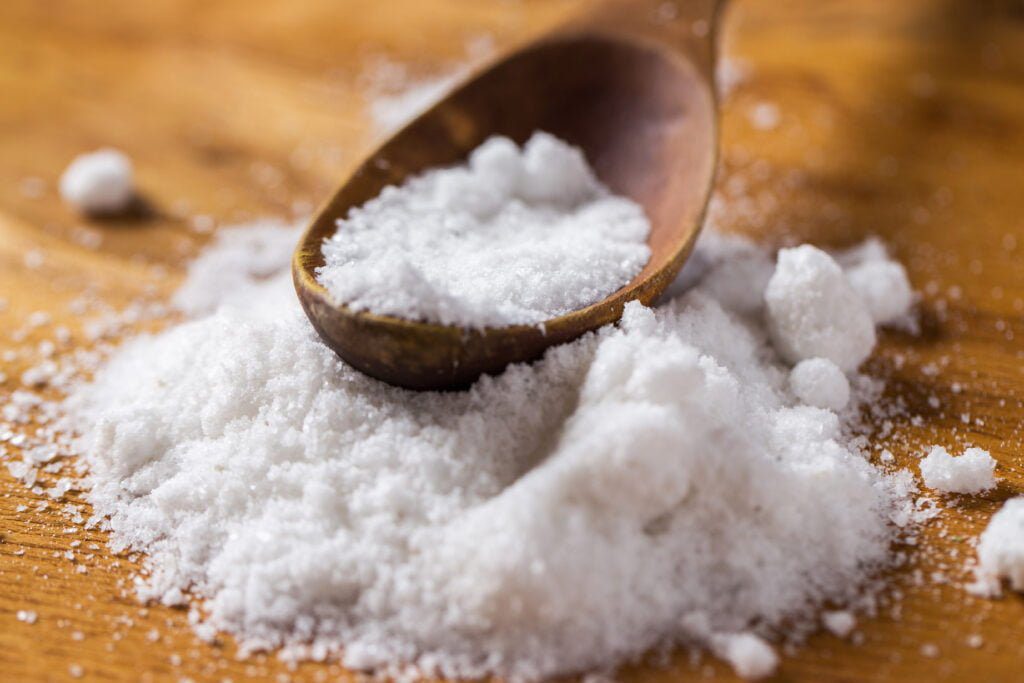The Director General of the National Agency for Food and Drug Administration and Control (NAFDAC), Prof. Mojisola Adeyeye has disclosed that the Federal Government plans to reduce the consumption of salt/sodium in food by 30 per cent by the year 2025.
NAFDAC stated that this is contained in a policy document titled National Multi-Sectoral Action Plan (NMSAP) for the Prevention and Non-communicable Disease, 2019-2025.
It stated that research confirms that non-communicable diseases (NCDs) are associated with the consumption of foods high in salt, sugars, saturated fats, and trans fatty acids.
Lafiya360 reports that, also, the misuse of food additives for enhancing the appearance of food, the colour, texture, taste, and shelf life, also affects the health of Nigerians.
It, therefore, stated that the proliferation of many NCDs is related to the foods we eat, including other poor health conditions, such as impaired growth and development, micronutrient deficiencies,non-communicable/communicable diseases, and even mental illness.
According to a statement by the Resident Media Consultant of NAFDAC, Sayo Akintola, Prof. Adeyeye made this known during a stakeholders’ engagement with operators of hotels and quick service restaurants, popularly called Eateries, in Lagos.
She noted that this precipitated the launch of the revised and recently gazetted Fats, Oils and Foods containing Fats and Oils Regulations 2022 by the Agency on Monday, August 7, 2023, where limits of 2g per 100g of total fats have been placed for fats, oils and foods containing fats and oils.
She explained that this means that any of such products containing more than this permitted level of trans fats is prohibited from the date of implementation of the regulations which will be jointly decided by NAFDAC and industry to make for a smooth transition, stressing that the revised regulation is a protective measure to safeguard the health of Nigerians.
Prof Adeyeye further stated that food safety involves preventive strategies at all levels of food-related operations such as receiving, storing, processing, handling, and distribution of food, adding that it is critical for stakeholders along the food chain to be well-informed and guided on food-related operations to address food hazards and deliver safe, good quality food to consumers.
She said, “Adhering to the provisions of Good Hygiene Practice (GHP) and Good Manufacturing Practice (GMP) ensures that food prepared is safe to eat and enables businesses to protect their reputation.
“There is a need to be constantly vigilant and mindful of the safety and quality of the food prepared to ensure the health of the public, considering the huge patronage you receive.
“Nigeria has in the past launched her first National Multi-Sectoral Action Plan (NMSAP) for the Prevention and Non-communicable Disease 2019-2025. This policy document advocates for a multi-sectoral approach to reduce salt/sodium in food by 30 percent by the year 2025.”
She advised operators to diligently comply with the Agency’s Regulations and Guidelines concerning their operations as this is of immense benefit to their operations.


